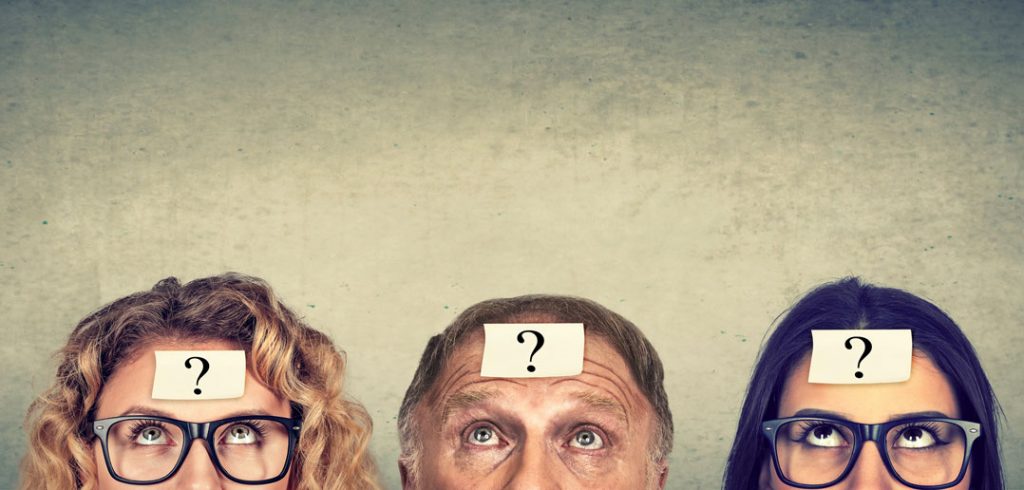Would you rather learn the truth—no matter how painful the answer—or stay blissfully ignorant?
Emily Ho, a Ph.D. student in psychometrics and quantitative psychology in the Graduate School of Arts and Sciences, recently spearheaded a study with researchers from Harvard University and Carnegie Mellon University that explores how much people are willing to avoid or seek out information.
“People aren’t going to see the doctor as often as they should, [aren’t] believing the news they hear or read about—or [are]outright avoiding things that they maybe should be consuming more of. We don’t know much about how this sort of phenomenon varies from person to person. So we wanted to develop a measure that could tap into that,” said Ho.
In their study “Measuring Information Preferences,” published online in the journal Management Science this past March, Ho and her team developed an anonymous survey and measured more than 2,000 participants’ willingness to receive new information. In 13 questions, survey participants self-evaluated how they would respond to situations related to personal health, finances, and interpersonal relationships.
A sample question is “As part of a semiannual medical checkup, your doctor asks you a series of questions. The answers to these questions can be used to estimate your life expectancy (the age you are predicted to live to). Do you want to know how long you can expect to live?”
At the end of the survey, a participant answers several demographic questions and can see how their results compare to people who match their demographics. The survey is available online to the public.
Ho’s research team found that in general, the majority of survey participants wanted to hear the truth. But a substantial amount of people were “pretty information-avoidant,” ranging from approximately 20% to 50%, said Ho — and that’s a quality that’s not likely to change over time.
The second major takeaway was the survey results were closely tied to the three question categories: personal health, finances, and interpersonal relationships. For example, the same people who reported they wanted to know financial information were also the same people who didn’t want to know about other people’s perceptions about them in the workplace.
“This is a first stab at trying to figure out, well, now we know that it’s a little specific to the context,” said Ho. “What does that tell us about how we might approach how to communicate that information, how to get people to change their behaviors?”
Ho said the survey results can help people make better decisions for themselves.
“We know that eating junk food and not exercising is bad for you,” said Ho. “Better understanding why people are motivated to avoid information can help us better understand how to target people who are not making decisions that are good for them.”
Ho’s survey was in the works before the COVID-19 pandemic began, but she said the survey has implications for people affected by the pandemic around the world.
“One thing to think about is whether information avoidance is hurting our ability to stop the spread. There are some people who are discounting or trying to negate the statistical models that are telling us it’s bad if we don’t do certain things, like wash our hands or social distance or wear masks. It’s very interesting to think about people who are like ostriches, who bury their head in the sand, even in the face of danger,” said Ho. “Or people who are consuming a lot of media … the flip side of information avoidance. People who are just consuming news like it’s Armageddon. Why are people doing that? Is it good or bad? … I think there’s an interesting implication in trying to understand why it is that some people are really avid seekers and why some people aren’t when it comes to this.”
Ho’s long-term goal is to design interventions for people who tend to avoid information, even when it’s beneficial, as opposed to people who are more likely to seek information, and therefore act on the new information in their self-interest.
“We’re talking about interventions for people who are definitely not going to go to the doctor’s or check the balance of their bank account,” said Ho, who will start a new role as an assistant research professor at Northwestern University School of Medicine’s Department of Medical Social Sciences after she graduates from Fordham this year. (In 2014, she also graduated from Fordham with her master’s in psychology.) “This tool, this scale helps provide a way to profile people in a way that we previously could not.”


